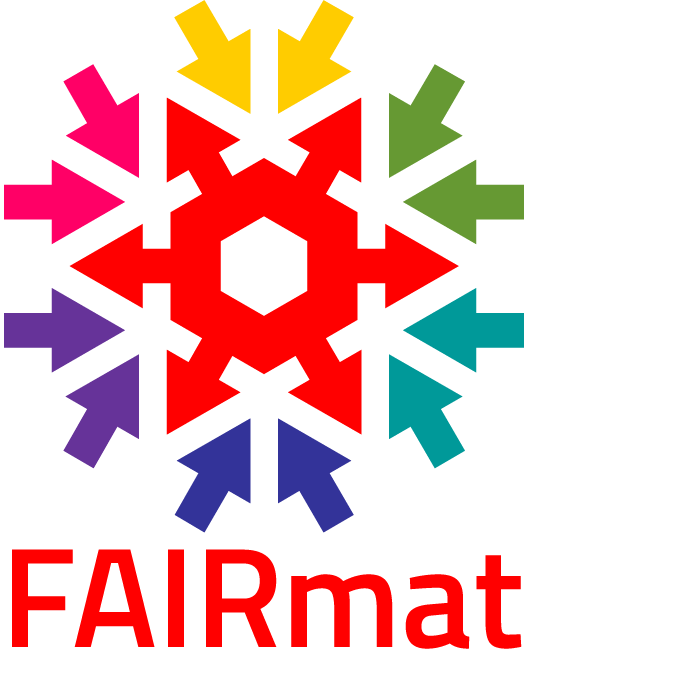Background
Material databases in the context of material genome initiatives are expected to accelerate engineering of future materials aimed at alleviating societal challenges (NPJ Comp. Mat. 5, 41, 2019). To leverage material genome efforts into
technology, the FAIR data infrastructure was proposed for findable (F), accessible (A), interoperable (I) and reusable (R) material metadata initiatives (Sci. Data 3, 160018, 2016; Nature 604, 635, 2022). Metadata contextualises the preparation, characterization, figure of merits and related parameters of a material in the application of choice. Visualising metadata and exploring their quality, design and societal impact criteria are future challenges in the field.
Description
Here, you will contribute to the OpenSemanticWorld GraphTool that is developed in collaboration with Fraunhofer ISC (Javascript, Python) to visualise and explore data structured in schematised formats (JSON-like). You will study filtering and clustering algorithms which may run over schematised formats (schemas) or work with the GraphTool Javascript GUI to call data processing algorithms in realtime. To visualise metadata, you will build graphs representing schemas. A schema can be considered as a network of definitions and classes of material properties, with the ultimate goal to describe a material’s genealogy: The past, present and future of a material.
Team
You will work with programmers, data scientists and experimental physicists, employing GraphTool (Dr. M. A. Popp, Fraunhofer ISC) to hierarchically and interactively visualise metadata from the NOMAD database (Dr. L. Ghiringhelli), NeXus formats (Dr. S. Brockhauser) in a time-dependent manner (Dr. M. Kühbach). Prof. C.-A. Palma, Prof. C. Draxl, Prof. W. Schäffner and Prof. C. Mareis (Matters of Activity) will help measure model material datasets by means of simulations, lowtemperature spectroscopies, or provide historical data aimed at material design and discovery.
Application
A BSc in Physics, Math, Computer Science or related is required. Please send your application (containing a cover letter, CV, copy of BSc certificate and two contact persons) electronically as a single PDF-file to:
palma@physik.hu-berlin.de Humboldt-Universität zu Berlin, IRIS Adlershof.

